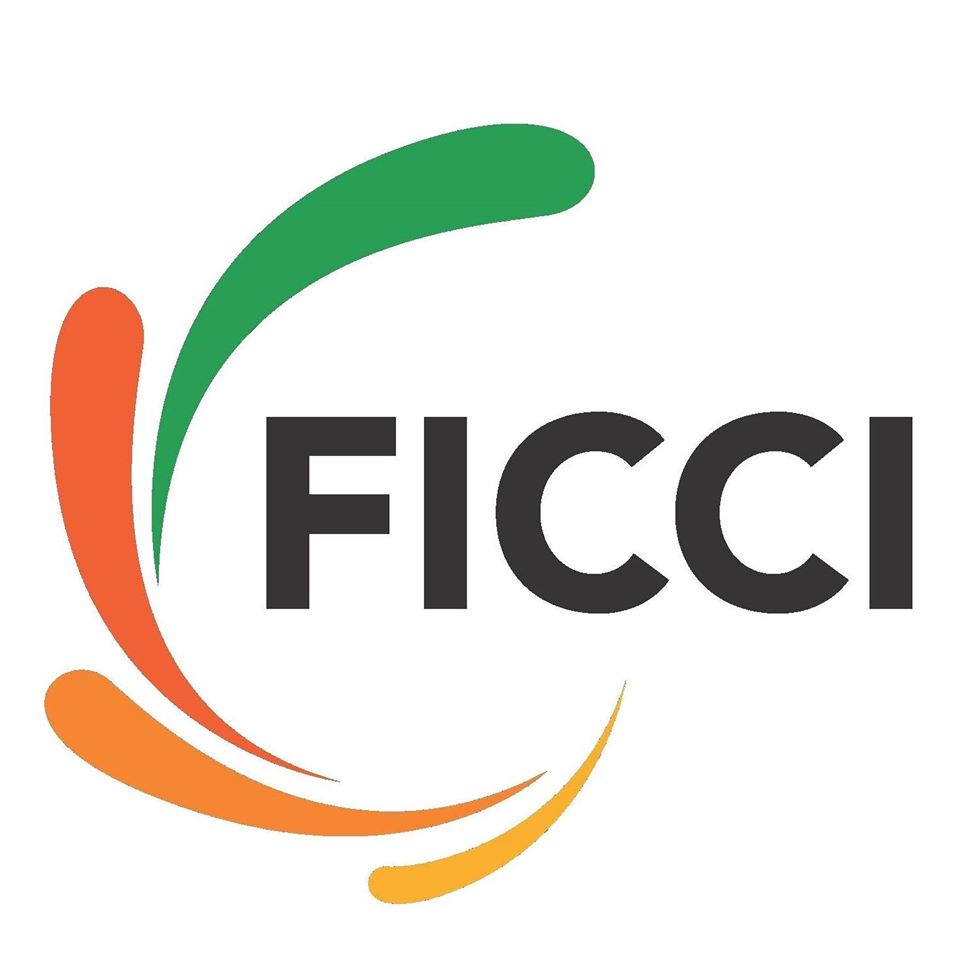FICCI FLO holds session on Sustainable Conservation of Water
Dehradun: The Uttarakhand chapter of FICCI Ladies Organisation, FLO Jammu-Kashmir & Ladakh, and Industries Association of Uttarakhand hosted a virtual panel discussion titled ‘Women & Water: Challenges & Opportunities towards Sustainable Conservation’ today.
The panellists of the session were Principal Scientist, Water Technology Centre, Indian Agricultural Research Institute Dr Ravinder Kaur, Executive Secretary-cum-Country Coordinator, India Water Partnership Dr Veena Khanduri, and Trustee & VP – Programs & Partnerships, Save Water Network Poonam Sewak.
Speaking on the occasion, Dr Veena Khanduri said, “As primary providers, managers and users of water, women and youth are very uniquely placed and positioned to help in deriving the productive changes in the water security scenario. Climate change has put enormous pressure on water security all over the world.”
Talking about the session, the Chairperson of FLO Jammu Kashmir & Ladakh, Ritu Singh said, “I firmly believe that we have to work towards the sustainable future and in order to do that we must inculcate programs like this. There are a lot of local problems that an individual faces for water shortages which need to be looked into by improving the conditions of our rivers and water bodies. We also need to work towards the industrial waste and drinking water.”
Dr Ravinder Kaur enlightened the audience about sustainable wastewater treatment and reuse through Jalopchar Technology which can even be operated by an unskilled person. She spoke about the rural setup problems and the existing wastewater technologies. Her patented technology is now functioning effectively in 400+ cities for industrial wastewater management.
She during the occasion said, “We have pollutants everywhere and the need of the hour is to have decentralised on-site cost-effective systems to ease demands and meet public health, water quality and economic boost and that too particularly in the small suburban, peri-urban and rural areas.”
Informing about Safe Water Network and sharing SWN women empowerment story, Poonam Sewak said, “Safe Water Network is working in India for the last 12 years where we have developed community-owned water purification plants which have continued to deliver 24×7 water even during the pandemic. We wanted it to make it absolutely sustainable because water is needed every day and we did it through the power of technology, automation and the power of belief in the community.”
She quoted, “If it takes a village to bring a child, I will say it takes multiple people and collaboration to make one water station work.”
She further added, “We visited multiple villages to understand what it is that needs to be done that women start becoming operators, entrepreneurs, distributors and community mobilisers. We faced a lot of challenges and barriers in empowering the women but after a lot of efforts, we were able to create livelihoods for 280 women who were fondly called Water Aunties.
The President, Industries Association of Uttarakhand Pankaj Gupta spoke about the importance of water and how the two great rivers of India i.e the Ganga and Yamuna originate from the state of Uttarakhand and touches the life and livelihood of more than 33% of the population of our country.
The Chairperson, FLO Uttarakhand, Komal Batra, said, “Our objective behind organizing this session was to apprise our members on the role of Industrial Waste Water Management and the use of this water in various peripherals of Industry, Agriculture & Village Industries thereby sustainably economising the Industrial and Natural Resources.”
The session aimed at water conservation through sustainable and resilient pathways focusing on the needs of industries and of the rural sector for SMEs & MSMEs of Uttarakhand and Jammu-Kashmir & Ladakh

